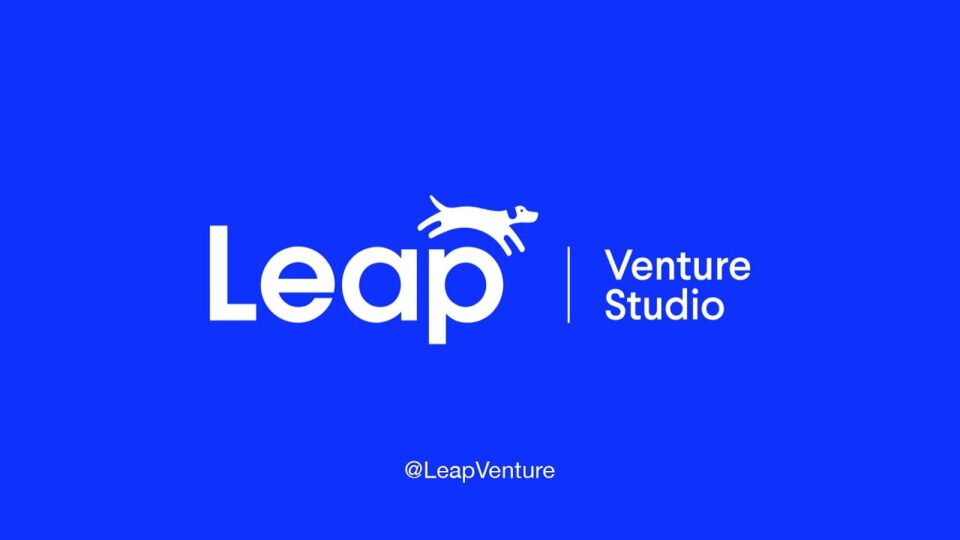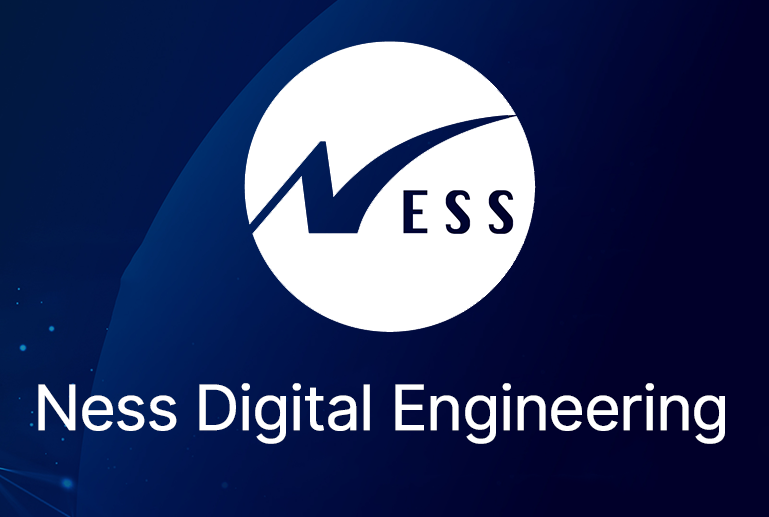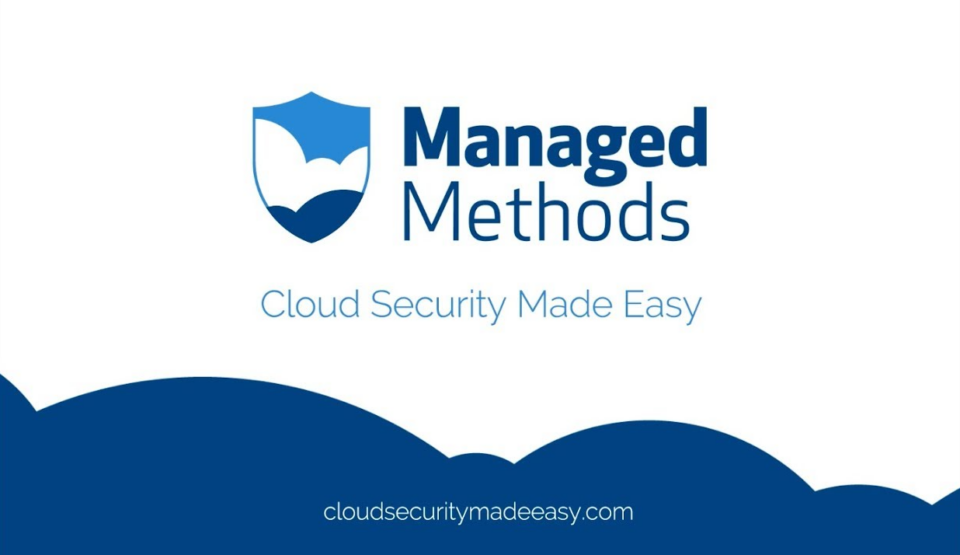As investor activity enjoys a resurgence, here are 10 breakthrough trends and companies to watch in 2025
Artificial intelligence continues to be a bright spot in the world of venture capital. In Q3 of 2024, AI-related startups landed $19 billion USD, which equates to 28% of total venture dollars.
While the buzz around AI has seemed to draw attention away from other areas of the tech sector over the past year, it’s also acted as a positive for the tech ecosystem as a whole. The renewed interest from VC funds and investors has helped to breathe life back into a tech sector that spent years recovering from the post-pandemic drop in funding activity.

As VC funds emerge from its period of cautious dealmaking, consumer confidence returns, and industry leaders hunt for the best solutions for their organizations, a diverse range of tech companies are offering targeted solutions and addressing new trends in the market.
From the next generation of AI solutions, and revolutionary software engineering solutions to cost-saving consumer solutions, here’s a list of 10 breakout innovation trends and companies to watch out for in 2025.
1. The rise of startups in the pet care space
A recent analysis of veterinary services in the US showed that the number of graduates from existing vet colleges will be enough to meet demand through 2035.
However, the number of pet owners continues to rise with the dog population alone hitting a new peak of 89.7 million in the US, and innovations in pet care are increasingly important in helping to deal with the uptick in pets.
Pet care innovations are also helping owners go beyond the basic healthcare needs of their pets, and take a much more hands-on approach to everything from diet and grooming, to exercise and training.
To meet the evolving needs of these next-generation pet parents, Leap Venture Studio, the world’s first pet care startup accelerator, was started to invest in companies that make pet parenthood more accessible, affordable, and sustainable.
The organization recently announced its ninth cohort of seed-stage pet care startups for their 12-week accelerator program. Participating startups will each receive $200,000 USD, mentorship, and support for their companies. This accelerator is among a number of organizations that will be increasingly important as this industry continues to grow.
Dosty, an all-in-one pet care app designed to simplify pet parenting, is another startup to keep an eye on in this space.

2. Innovation in the mobile space to reduce consumer costs
When spending time abroad, making calls and accessing data largely used to mean one of two things: buying a local SIM card, or stumping up for roaming charges to access minutes through one’s home network provider.
The former solution isn’t ideal for a number of reasons. For one, working to change between tiny SIM cards isn’t easy or convenient. Meanwhile, roaming charges are also much higher than they used to be, leaving consumers to foot bills that far exceed the actual cost of data usage.
Sim Local is helping to ease this challenge for consumers with eSIMs. These digital SIM cards can be programmed before travel or upon arrival and downloaded via an app in just a few minutes. Sim Local also partners with local network providers in over 150 countries, meaning that consumers can access the best value deals whether it’s a weekend away or a global adventure.
Expect to see companies like Sim Local continue to make a big impact on travel in the year ahead.
3. The emergence of Intelligent Engineering
The IMF recently predicted that by 2030, more Indians will use AI every day than in any other country in the world. Aside from the socioeconomic benefits AI is set to deliver, the transformative tech revolution is also going to have a massive impact on the productivity of key industries.
There is a tangible, real-world impact that AI has the ability to deliver on. This being said, this hinges on an ability to develop and release specific software applications ahead of the curve.
The rise of cloud architectures, microservices, citizen developers and GenAI add a number of moving parts to the mix that productivity across the entire development cycle is increasingly hard to control. While one part of the team may be able to work efficiently, modern software products need to interact within an active digital environment.
Ness Digital Engineering, a global full-service life cycle company, is spearheading a new approach that aims to address these challenges. This approach, spearheaded by Ranjit Tinaikar, is known as Intelligent Engineering.
Intelligent Engineering leverages the power of data, AI, and intelligence to improve engineering productivity and eliminate waste within software development cycles. Expect to see more enterprises adopt this in the years ahead.

4. Innovative software tailored to the precise needs of accounting teams
According to Accounting Today, the accounting software market will have a global value of $11.8 billion by 2026, with a growth rate of 8.6 percent.
Many modern businesses nowadays adopt software solutions to evolve into the accounting firms of tomorrow, with these applications helping automate repetitive and time-consuming tasks and redefine existing business processes. However, trends in accounting technologies keep changing from time to time.
Each new trend requires accounting businesses to switch from conventional software to emerging accounting technology innovations. Without adopting these innovations early, no business can remain relevant and competitive in the long run.
One of the most pressing challenges is account reconciliation, variance analysis, and month-end closing processes. Here, SkyStem plays an important role in helping to deal with the exact needs that accounting firms and departments face in 2025.
As more startups go public and the need for accounting grows, expect to hear more about these companies.
5. An evolution in AI-powered communications
When it comes down to business communication in 2024, the question of whether or not to leverage AI has gone away. In fact, at this point it’s fair to say that AI is now ubiquitous in the modern workplace.
The question for executive teams is no longer when to begin using AI, but rather how one can best use AI strategically.
Intelligent platforms like Prezent are playing a key role here in developing useful and usable AI solutions that are specifically designed for enterprise organizations and the communication needs of professional executives where tone, accuracy and credibility are key.
The company, led by Rajat Mishra, is one of a handful of leading AI comms startups that is pioneering an important path forward.
6. Cultivating plant care technology
The world of gardening has long been linked to a hobby that requires patience and knowledge. However, the plant parenthood trend has trickled those gardens indoors, and we quickly discovered that our thumbs don’t magically turn green upon decorating our homes with each new leafy companion that is likely replacing one that didn’t make it.
Jeanna Liu, a former Wall Street executive, saw this cycle firsthand. Her busy lifestyle meant she was rarely home to water her plants. She turned to trial-and-error DIY technology to channel her own plant-care challenges which led to the creation of Cowbell Plant Co. – the world’s first pressure-regulated self-watering system, giving plants the ability to hydrate themselves.
The Cowbell Self-Watering System utilizes a vacuum-sealed reservoir and a precision-porous spike to deliver water directly to plant roots as needed. As the plant absorbs water, the internal pressure decreases, prompting a valve in the lid to open and equalize the pressure, allowing more water to flow. This on-demand hydration method ensures plants receive adequate moisture for up to two weeks without the risk of overwatering. The MIT grad saw that the house plant culture had created a growing need for more creative, sustainable solutions. One that translates to a demand for innovators in the eco-tech space focused on giving the plant parent consumer a helping hand. We should expect to see more innovations in plant technology in 2025.
7. Utilizing modern tech to support sustainable ingredient production
While olive oil is a staple in households for traditional cooking, it’s also being embraced in new ways that highlight it as a key ingredient outside our kitchens, particularly by health-conscious millennials and Gen Z across social media.
Arsen Khachaturyants of Arsenio is a young enologist who uses modern science to breathe new life into the ancient craft of olive oil production. He is actively educating his growing number of followers about the making, uses, and benefits of extra virgin olive oil (EVOO) directly from his organic farm in Tuscany, home to Arsenio’s cold-press EVOO production.
To reduce environmental impact, the team at Arsenio uses solar-powered mills and energy-efficient machinery to further minimize carbon footprints. Combined with precision farming, automated harvesting, and advanced filtration technology to enhance both quality and efficiency.
Leveraging sustainability techniques with a deep respect for generational farming, Arsen’s internationally award-winning oils speak to the next generation of tech-savvy EVOO producers leading the traditional industry.

8. Keeping students safe with AI in the classroom
The educational sector holds large amounts of student information, including medical records, social security numbers and more.
As a result, these institutions are at risk for cyberattacks, which continue to grow year after year. In fact, according to Verizon’s 2024 Data Breach Investigations Report, the educational services sector experienced 1,780 incidents in 2023, with 1,537 involving confirmed data disclosure.
Furthermore, K12 Security Information Exchange, a nonprofit focused on protecting schools from cybersecurity threats, found that at least 83 potential ransomware attacks on school districts in the past 2 years alone.
Here, cybersecurity company ManagedMethods is working to bring affordable yet robust cybersecurity solutions to K-12 schools across the US to tackle this pressing challenge.
As AI increasingly enters the classroom in the year ahead, we should expect to hear more about this company and others.
9. A fresh approach to sustainable cleaning solutions
Despite ongoing efforts to address environmental damage, recent reports suggest that we may already be past the point of no return. This is particularly the case when it comes to plastic.
Plastics have been found just about everywhere that scientists have looked, and its negative impact gets more severe when we focus in on specific areas. For example, chemicals contained within cleaning products often contain highly harmful toxins like VOCs.
At the same time, keeping public spaces clean and germ-free is a fundamental need. Here, Viking Pure Solutions is one technology enterprise using electrolyzed water technology to offer a safe, non-toxic solution for the cleaning industry.
The Green Seal-certified cleaning and disinfecting solutions that this technology creates provides a unique way to reduce the amount of plastic in the supply chain and protect team members from harmful chemicals.
As more companies push RTO in 2025, we should expect to hear more about this company and others in the space.
10. A new approach to AI and datasets
Within the AI industry, the prevailing narrative has long been more compute power will yield better results. However, the recent breakthroughs from DeepSeek are changing this narrative in real time.
For one, the huge demand for AI is putting undue pressure on the amount of available compute resources and hardware. It’s also helped to highlight that more targeted, cost-effective models will come to the fore in the future.
As CPUs reach their limits, we should expect to see greater adoption of graphics processing units (GPUs) in 2025. This may happen as organizations look for more efficient ways to process and analyze massive data volumes, leveraging the technology’s ability to handle thousands of parallel computations simultaneously, improving performance and cost efficiency for data-intensive tasks.
SQream is a company playing an important role in this space with its data acceleration solutions that harness the power of GPUs to process data at a fraction of the cost and at much faster speeds.

